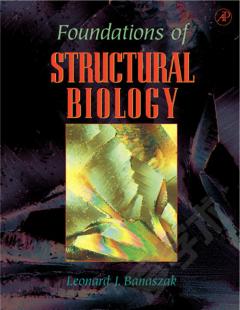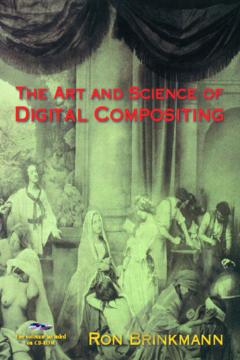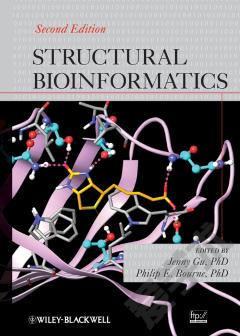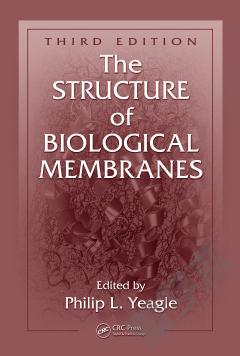The Structure of Biological Science
This book provides a comprehensive guide to the conceptual methodological, and epistemological problems of biology, and treats in depth the major developments in molecular biology and evolutionary theory that have transformed both biology and its philosophy in recent decades. At the same time the work is a sustained argument for a particular philosophy of biology that unifies disparate issues and offers a framework for expectations about the future directions of the life sciences. The argument explores differences between autonomist and anti-autonomist views of biology. The result is a vindication of reductionism, but one that is unexpectedly hollow. For it leaves the exponents of the autonomy of biology from physical science with as much as their view of biology really requires - and rather more than the reductionist might comfortably concede. Professor Rosenberg shows how the problems of the philosophy of biology are interconnected and how their solutions are interdependent, However, this book focuses more on the direct concerns of biologists, rather than the traditional agenda of philosophers' problems about biology. This departure from earlier books on the subject results both in greater understanding and relevance of the philosophy of science to biology as a whole.
{{comment.content}}








 京公网安备 11010802027623号
京公网安备 11010802027623号